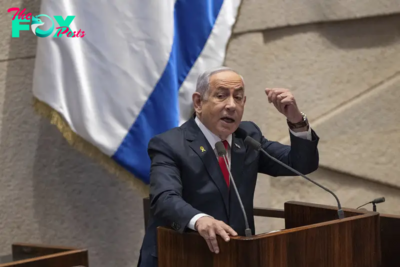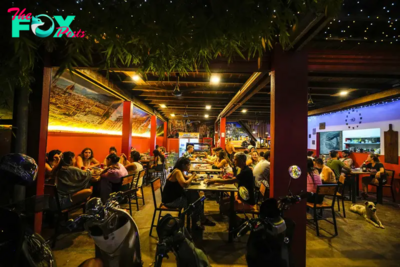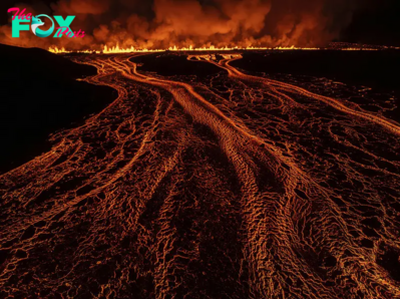World News
Canadian Police Make Three Arrests in Sikh Separatist Slaying That Sparked Spat With India
VANCOUVER, British Columbia — Canadian police said they arrested three suspects Friday in the slaying of a Sikh separatist leader last June that became the center of a diplomatic spat with India, and are investigating possible ties between the detainees and the Indian government.
Three Indian nationals in their 20s identified as Kamalpreet Singh, Karan Brar and Karampreet Singh were arrested in Edmonton, Alberta on Friday morning in the slaying of 45-year-old Hardeep Singh Nijjar by masked gunmen outside Vancouver, police said.
Canadian Prime Minister Justin Trudeau sparked a diplomatic feud with India in September when he said that there were “credible allegations” of Indian involvement in the slaying of Nijjar.
India had accused Nijjar of links to terrorism, but angrily denied involvement in the slaying. In response to the allegations, India told Canada last year to remove 41 of its 62 diplomats in the country. Tensions remain but have somewhat eased since.
The three suspects had been living in Canada as non-permanent residents, Royal Canadian Mounted Police Superintendent Mandeep Mooker said Friday at a news conference in Toronto.
“We are investigating whether there are any ties to the government of India," Mooker said, adding that it was an “ongoing investigation.”
Royal Canadian Mounted Police Assistant Commissioner David Teboul said Canadian authorities are speaking to counterparts in India. “I would characterize that collaboration as rather challenging," he said. “It’s been very difficult.”
The three men were expected to be transported to British Columbia by Monday to face charges of first-degree murder and conspiracy to commit murder.
Nijjar, an Indian-born citizen of Canada, was a plumber and also a leader in what remains of a once-strong movement to create an independent Sikh homeland, known as Khalistan. But he had denied allegations of ties to terrorism.
A bloody decadelong Sikh insurgency shook north India in the 1970s and 1980s, until it was crushed in a government crackdown in which thousands of people were killed, including prominent Sikh leaders.
The Khalistan movement has lost much of its political power but still has supporters in the Indian state of Punjab, as well as in the sizable overseas Sikh diaspora. While the active insurgency ended years ago, the Indian government has warned repeatedly that Sikh separatists were trying to make a comeback.
-

 World News1d ago
World News1d agoWorld’s Best Brands – Brazil
-

 World News1d ago
World News1d agoWorld’s Best Brands – India
-

 World News2d ago
World News2d agoInternational Criminal Court Issues Arrest Warrants for Netanyahu and Hamas Commander
-

 World News2d ago
World News2d agoLandmark Bill to Ban Children From Social Media Introduced in Australia’s Parliament
-

 World News2d ago
World News2d agoAmerican and Australian Tourists Die in Laos After Drinking Tainted Alcohol
-

 World News2d ago
World News2d agoSee Photos of the Seventh Volcanic Eruption on Iceland’s Reykjanes Peninsula in 12 Months
-

 World News2d ago
World News2d agoMuhammad Yunus on the Race to Build Bangladesh 2.0
-

 World News3d ago
World News3d agoU.S. Charges Indian Billionaire Gautam Adani With Defrauding Investors



















